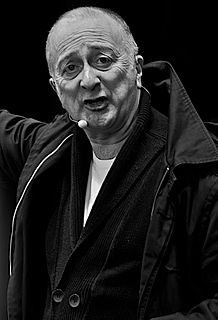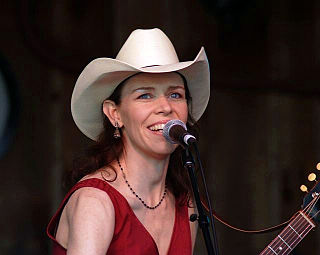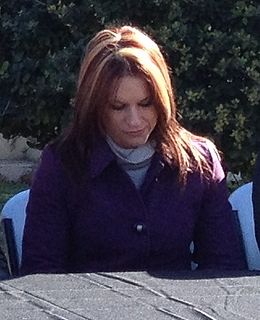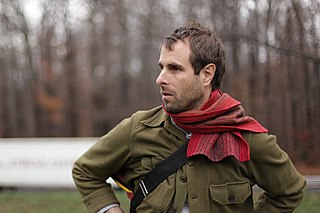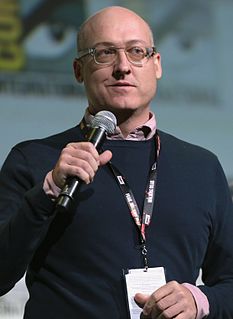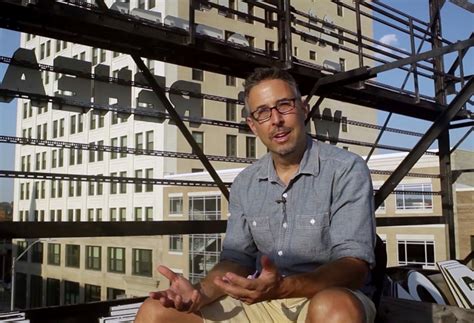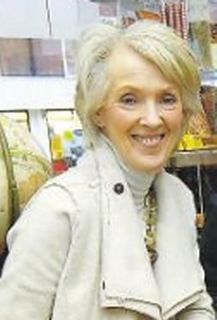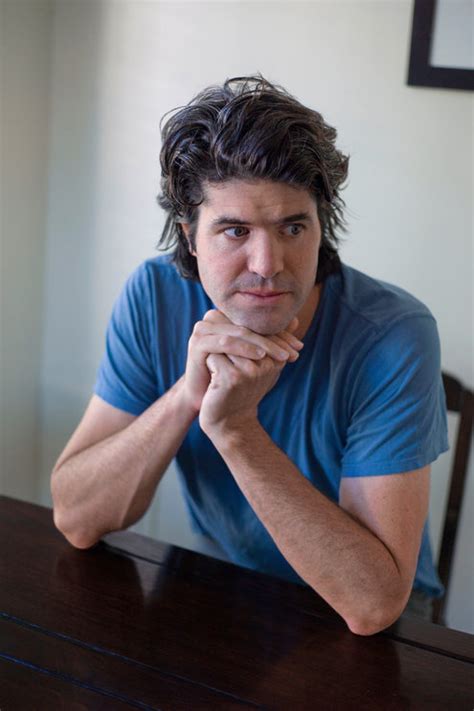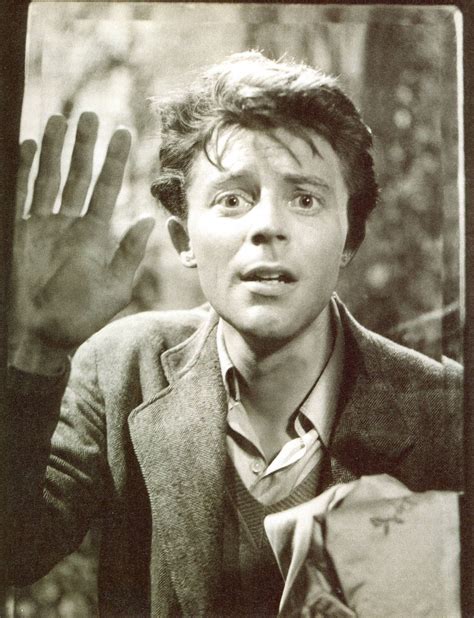Top 1200 Narrative Voice Quotes & Sayings
Explore popular Narrative Voice quotes.
Last updated on April 14, 2025.
I'm obsessed with this idea of storytellers and people who have a narrative, and sometimes sustain a relationship because they're telling a narrative and someone is listening to that. Often the nature of the relationship is determined by how well they tell the story, or someone else's ability to suspend disbelief, or infuse into their narrative something which they may not even be aware of.
Girlchild . . . unfolds a compelling, layered narrative told by a protagonist with a voice so fresh, original, and funny you'll be in awe. This novel rocks . . . In Girlchild Tupelo Hassman has created a character you'll never forget. Rory Dawn Hendrix of the Calle has as precocious and endearing a voice as Holden Caulfield of Central Park. When you finish this novel, your sorrow at turning the last page will be eased by your excitement at what this sassy, talented author will do next.
I think we have to continue to protect women on social media, who are coming out in a world that can still be very harsh towards them, so that they do not feel that they are alone. And of course, some of these attacks happen on social media, so we do need to provide a counter narrative - a supportive narrative - so that the voices of those that are punitive towards women does not become the dominant voice.
I guess the wildcard here is Terrence Malick. He supervised me while I was writing the script for Beautiful Country, and he is a genius, although not always easy to follow. What I learned from him is that the narrative can be tracked through all kinds of scenes, that the strong narrative thread is not always the one that is most obvious. Creating narrative with Malick was a bit like chasing a butterfly through a jungle. This approach to narrative is fun and complicated, something that makes the process of writing constantly interesting to this writer.
There are no words and there is no singing, but the music has a voice. It is an old voice and a deep voice, like the stump of a sweet cigar or a shoe with a hole. It is a voice that has lived and lives, with sorrow and shame, ecstasy and bliss, joy and pain, redemption and damnation. It is a voice with love and without love. I like the voice, and though I can't talk to it, I like the way it talks to me. It says it is all the same, Young Man. Take it and let it be.
Critics who perceive the first level of Mann's irony recognize that the second voice is giving us reasons to be dubious about various aspects of Aschenbach's life and work. But many of them don't appreciate the second level of irony, the one exemplified in setting this narrative voice alongside the more sympathetic one, and inviting us to choose.
For queer people, the personal is very political, just to talk about it in a public space. It's very political just to come out and take up that space and be like, 'This is my narrative. It's not an outsider narrative, and it's not a fetish narrative; it's just my story, and it's worth being told and listened to.'
The ability to walk in someone else's shoes, or in my case, play down in someone else's cleats is one of the very best things you can do. There's nobody in this world who doesn't have that voice in their head. Sometimes it's the best voice in the world, and it pumps you up, but sometimes the voice is down. I wanted my players to be able to hear my voice in their head instead of someone else's because I knew that was a narrative I could control.
There's some ambient music that doesn't do anything. I wouldn't say that that's narrative. It is narrative in that it creates a sort of world where nothing happens, where really nothing happens, so you become a different person after hearing eight minutes of exactly the same thing. Yes, I hear music all the time in which one idea is strung together to another idea, and I feel that such music is non-narrative.
But what I would like to say is that the spiritual life is a life in which you gradually learn to listen to a voice that says something else, that says, "You are the beloved and on you my favour rests."... I want you to hear that voice. It is not a very loud voice because it is an intimate voice. It comes from a very deep place. It is soft and gentle. I want you to gradually hear that voice. We both have to hear that voice and to claim for ourselves that that voice speaks the truth, our truth. It tells us who we are.
We all have an ongoing narrative inside our heads, the narrative that is spoken aloud if a friend asks a question. That narrative feels deeply natural to me. We also hang on to scraps of dialogue. Our memories don’t usually serve us up whole scenes complete with dialogue. So I suppose I’m saying that I like to work from what a character is likely to remember, from a more interior place.
There is really no fiction or non-fiction; there is only narrative. One mode of perception has no greater claim on the truth than the other; that the distance has perhaps to do with distance - narrative distance - from the characters; it has to do with the kind of voice that is talking, but it certainly hasn't to do with the common distribution between fact and imagination.
The voice is certainly important and you can hear if it's beautiful or not, it's the gods who decide; it's more a question of what you do with the voice, which is the mysterious element. It's the personality behind the voice which makes the artist. The voice is a gift of God, but if you're not able to use this gift, what's left? Nothing but a beautiful voice, without nuance or color.












